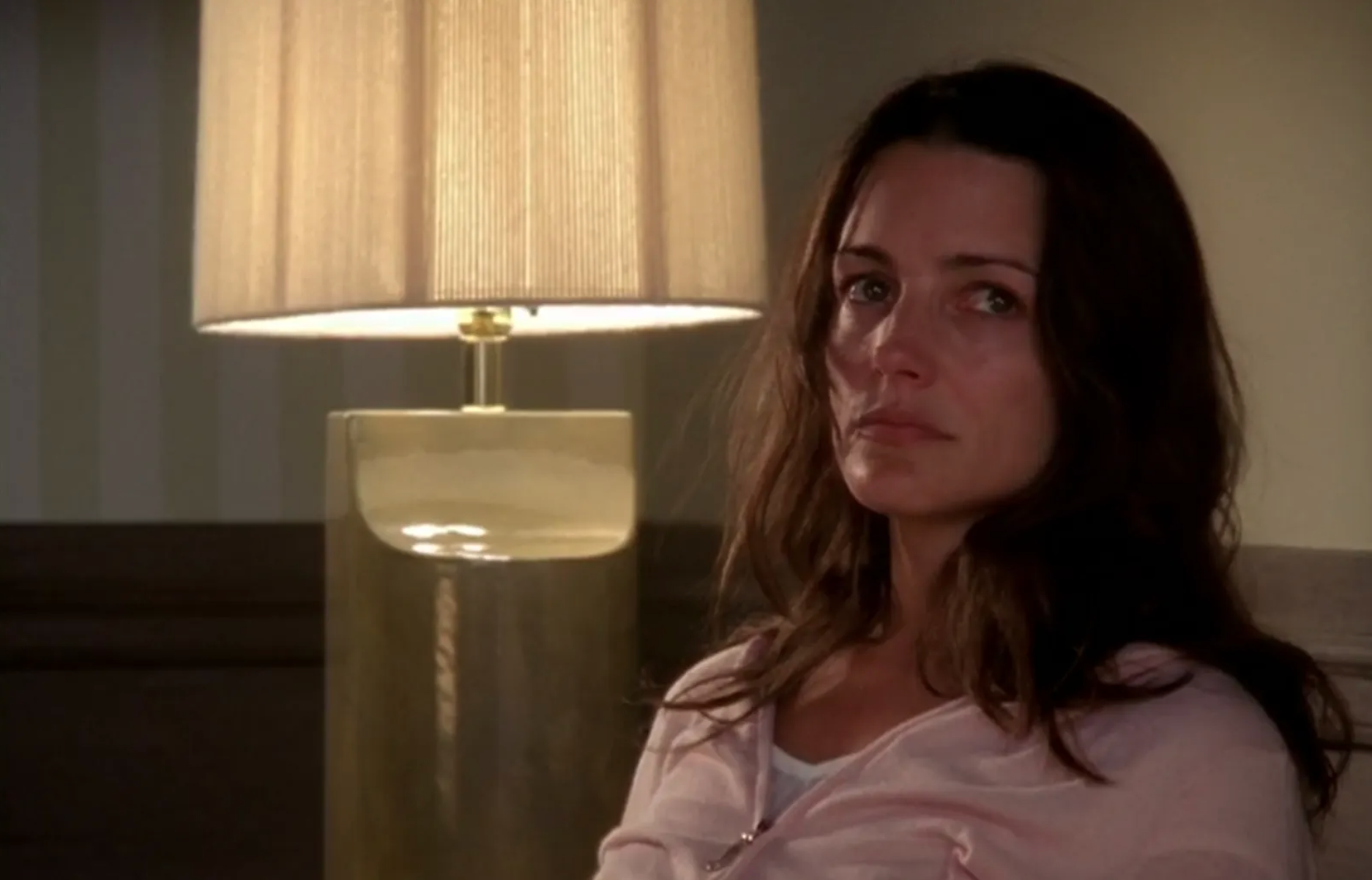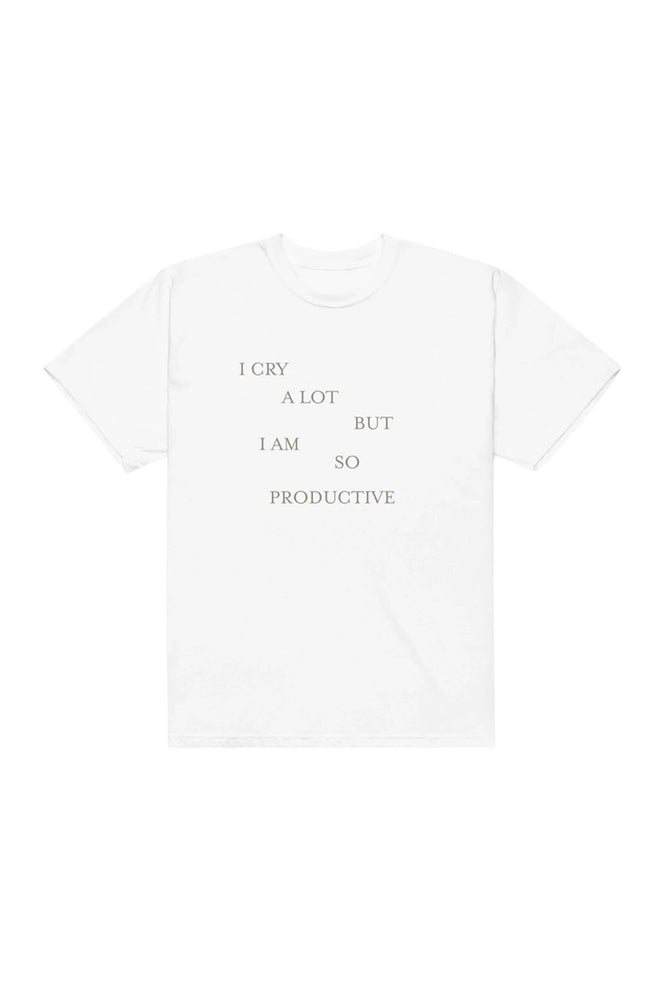Content warning: This article discusses pregnancy loss and may be upsetting to some readers.
Three days before my 30th birthday, I woke up as I had every morning the past three weeks: I hit snooze, exhausted thanks to all the extra hormones in my body. I chugged some water, dehydrated from the prenatal vitamin I had taken the night before. And I stared through the dark into the bathroom mirror, gazing into my own eyes and marveling at the fact that these were the eyes of a pregnant person. I was a pregnant person.
And then I peed.
Every morning, it was the same routine: Snooze, drink, gaze, pee. And for three weeks, everything was okay. Everything was more than OK. I walked around glowing from sheer happiness since it was far too early to be actually glowing from pregnancy. I took naps, saying it was for the baby, before drooling on the couch while my husband indulgently brushed my hair off my face. My husband and I took long walks, and we giddily talked about what we needed to do. Decorate a nursery, of course. But we also needed to get the dogs adequately trained and decide how we’d divide responsibilities. Oh, and names! We needed names. What do you think of the name Leila? “I’ve always liked the name Leila,” my husband said, squeezing my hand in his.
I was thinking about names that morning when I peed. I was thinking about the name Leila when I saw the red.
That’s about where the dreamy, movie vibes of my pregnancy ended. You see, even though I was an adult, a woman, and actively trying to conceive (or “TTC,” as you’ll quickly learn in the forums you dive into in the middle of the night when your boobs ache and your neuroses keep you up), I knew very little about actually being pregnant and even less about having a miscarriage. What I did know, I’d seen in movies.
Whenever a miscarriage happens on-screen—if it’s even shown—a maiden-esque girl (I say girl because she’s usually way younger than 30, aka a mere child in my eyes) typically wakes up in a shock to find a puddle of blood under her. For me, there was no puddle. No nightmare shock. Just a little bit of period-like blood when I peed. Just that tiny trickle. The light was off, so it didn’t seem like anything for a second. “I’m dehydrated,” I thought before flicking the overhead on just to check. Just to make sure.
And then it wasn’t dehydration.
After stuffing a wad of toilet paper in my underwear—tampons seemed like a mistake, and I hadn’t worn pads since I was 14—I walked into the dark bedroom I share with my husband and told him the dark news. He didn’t know what to say. We sat there confused and sad, still sleepy enough to where it could just be a dream.
Once I saw the blood that morning, I figured that was it. Bam! Miscarriage. I cried. I left a message at my doctor’s office. And then I answered some emails. “It’s over,” I thought as I wished everyone in my inbox a happy Thursday. “That’s the end.”
When a miscarriage happens on-screen, the woman bleeds, immediately knows it’s a miscarriage, and moves on with the sad part. She tells her partner she lost the baby, and she curls up in a ball, crying and clutching her stomach. So when my doctor called me back and sent me to the ER, I was at a loss. It had already happened. The pregnancy was over. Hadn’t she seen The Other Boleyn Girl? I bled. The baby was gone.
Except it wasn’t. So I found the closest hospital that took our insurance. I messaged my editors from my phone, asking for extensions as we settled into the car. I directed my husband to the ER while he drove, commenting on the new restaurant I wanted to try, where I get my nails done, and the gas station with the best Diet Coke as we passed. I was fine.
And I was fine when we walked through security, telling the woman who searched my bag that I was there to check in. I was fine as the front desk ran my insurance, and I was fine as my blood pressure was taken and a COVID test was given.
And then the nurse asked how far along I was—and I was no longer fine.
We waited through blood tests, urine tests, and ultrasounds for the next six hours. I was given IVs of fluid and scratchy socks to keep my toes warm. One nurse assured me everything would be okay. The other nurse said nothing.
After a day full of non-answers, the ER doctor said I was having a “threatened miscarriage.” The bleeding could result from a subchorionic hematoma (bleeding under the uterus membrane), or it could be impending pregnancy loss. They didn’t know. In the movies, the couple leaves, devastated by the news, but they get to move on. They look at the baby shoes they had purchased on a whim and cry, but they start moving on.
But for us—and for many other couples—it was simply a TBD. We were told to schedule a follow-up doctor’s appointment, abstain from sex, take it easy, and wait. Just wait.
So, that’s what we did. We waited. My 30th birthday came and went that Sunday, and all I wished for was answers, one way or another. When we went to the gynecologist the following day, the nurse taking me back said she didn’t know whether or not to wish me a happy birthday. I said nothing. I didn’t know. I waited. The doctor came in, and I turned my face to the wall as she conducted an intravaginal ultrasound on me. I didn’t want to see it. I didn’t need to see it.
But then, she said she saw it—thee amniotic sac, the embryo, the dark area that looked like a heartbeat. It was too early to tell, she explained, her voice brighter and her spine more relaxed, but a little bit longer, and it should show up on-screen. All that was left was a quick blood test, and we’d be out of there, two happy parents-to-be. The movie turned bright. It was just a scare! Whew!
Except the blood test was the real determining factor. For many people IRL, you don’t just get an answer that you’re having a miscarriage then and there like it seems on-screen. Your HCG (human chorionic gonadotropin) levels—the hormone present when you’re, you know, growing a human—are checked and then checked again. And again. And maybe again. In early pregnancy, these levels should double or triple every day or so. If they don’t, that’s often an indicator something isn’t right.

When Charlotte lost her baby in Sex and the City, she didn’t spend the next 24 hours refreshing her patient portal to see if her bloodwork had been updated. And she definitely didn’t crumble on her kitchen floor when the results on her phone indicated her levels only rose by ⅓ in four days.
But that was it. That had to be it. It was over. I had a miscarriage. Cue the sad music.
In a movie, sure. That’d be it. Next scene! However, in real life, we needed more tests, more time, and more waiting. So, that’s what we did. We waited. For two weeks, I waited while the bleeding started and stopped and started and stopped. I waited while my hormone levels rose too slowly before plateauing. I waited and waited and waited.
During my final doctor’s visit, I stared at a cardboard Cupid cutout hanging from the ceiling when the doctor once again inserted a probe inside me. This time, though, her spine didn’t relax. My miscarriage—technically a “missed miscarriage” because my body didn’t pass the tissue—was confirmed on Valentine’s Day. 19 days after the bleeding started, I had my answer. 19 days were spent researching forums where pregnant women experienced bleeding and went on to have healthy babies. 19 days wondering what to do with the mugs I had gotten for my family with our due date stamped proudly on the side.
There wasn’t a reason. I didn’t fall or eat the wrong thing or lift something heavy. As with the vast majority of miscarriages, it just happened. The baby wasn’t brewing right, so my body terminated it on its own. My body made a choice without consulting my heart.
I had my D&C (dilation and curettage) procedure to remove the baby, the embryo, the cells, the potential Leila two days later. It was physically painless and quick—I was in and out of the hospital in under four hours, and when I got home, I wasn’t even groggy from the anesthesia. I told my editors I was okay to work, finished an assignment, and ordered pizza.
The American College of Obstetricians and Gynecologists estimates 26 percent of pregnancies end in miscarriage. Even though miscarriages are extremely common, I had absolutely zero knowledge of what was happening to my body when I started bleeding in my first trimester. And after growing up basing miscarriages on scenes from The King of Queens and This is Us where one second the woman’s pregnant and the next she isn’t, I couldn’t process what was happening. While spontaneous miscarriages, the ones that occur so quickly it’s over before you realize they started, happen, for many, it’s a brutal endurance test of willpower, sanity, and the trust you have in your own body.
For me, it wasn’t just losing the baby I had wanted for so long. It was the waiting. I was waiting to learn whether or not my pregnancy was viable. I was waiting to know whether or not I was miscarrying. We were then waiting to be clear for sex again, waiting for my period to return, and waiting to feel like I was ready to start trying again.
In the movies and the shows, no one talks about the waiting. The pregnant couple is happy, and then something happens, and then they have a miscarriage. There’s no waiting around for weeks wondering and hoping and trying not to hope. We see the despair and the devastation on-screen, but we don’t know the waiting. And for me, that’s been the worst part.
Even though so many people experience miscarriage, all we get are a few brief scenes that don’t depict the process. They don’t depict the sleepless nights or the moment you hide your dog-eared What to Expect book on the highest shelf in your kitchen because you can’t bear to look at it.
After six months of ovulation tracking and waiting, bleeding and waiting, miscarrying and waiting, I’m back at the start of my TTC journey. Like so many others, I’m once again hoping this is the cycle I’ll conceive. And in a few weeks, hoping I’ll get a positive pregnancy test. And in a few more weeks, hoping I’ll see a heartbeat. But through it all, it comes down to waiting.
As with most things in adult life, trying to create a family feels like sitting in a waiting room. Like you’re simply biding your time for your name to be called so you can post the engagement pictures or the honeymoon selfie, or the 12-week sonogram. Like it’s all one giant TBD.
The media definitely doesn’t show the hours and days and months and years people spend waiting for their turn, but my ill-timed miscarriage taught me that life keeps going while you’re waiting, so you might as well make the best of it. I can’t pretend I’m not desperately hoping my name will be called, that my chance at motherhood will come soon. But until then, I’ll be sitting in a hot tub, eating unpasteurized cheese, and enjoying a good glass of wine in the waiting room. Take a cue from the movies and remember: Your time is coming; you just have to wait for the next act.
Images: HBO; Anete Lusina / Pexels










































